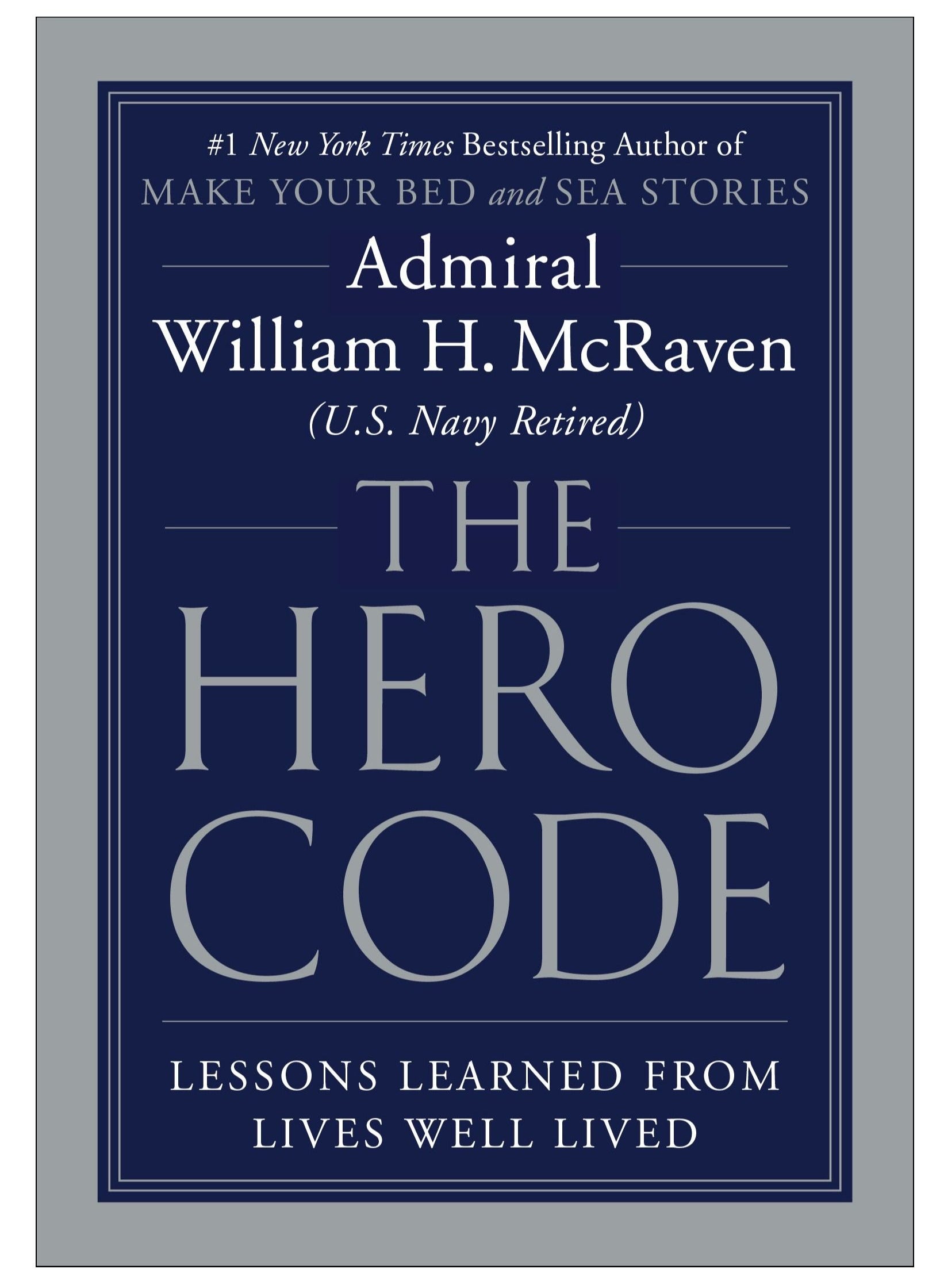Guide To Mutation Detection paperback english - 03-02-2005
Now:
AED 795.00 Inclusive of VAT
 Free Delivery
Free Delivery
Get it by 29 Dec

Earn AED 39.75 cashback with the Mashreq noon Credit Card. Apply now

Pay 4 interest-free payments of AED 198.75.Learn more

Split in 4 payments of AED 198.75. No interest. No late fees.Learn more




1
Free delivery on Lockers & Pickup Points
Learn more
Enjoy hassle free returns with this offer.

Item as Described
70%
Partner Since
7+ YearsSpecifications
| Publisher | John Wiley and Sons Ltd |
| ISBN 13 | 9780471234449 |
| Book Description | As genomic science and potential gene therapies continue to develop, the detection of mutations plays an increasingly central role in diverse areas of biology. With innumerable detection techniques available spanning multiple disciplines, the choice of the best method for a particular study can prove exceedingly difficult. Complexity, equipment requirements, cost, and throughput are all factors to consider, along with the huge amount of information already available through genome sequencing projects. An essential go-to for informed decision-making, the guide to mutation detection is the only single source for the theory and practice of mutation analysis needed to design an experiment. User-friendly, concise, and expertly edited by recognized leaders in the field, the text provides a cutting-edge reference that is still accessible to those with no experience in mutation analysis. The coverage is divided into two sections, with the first section reviewing such topics as: key technologies mutation scanning cleavage quality control high throughput approaches databases nomenclatures the second section focuses on step-by-step protocols and discussion of methods, including: tag-array minisequencing electronic hybridization pyrosequencing fluorescent single-stranded conformation polymorphism (sscp) denaturing high-performance liquid chromatography (dhplc) array comparative genomic hybridization (acgh) microplate array diagonal gel electrophoresis (madge) throughout the text, the emphasis remains on practical applications. The detailedprotocols derive from the well-regarded human genome organization (hugo) training course, particularly those in montpellier, france, 2002, organized by mirielle claustres, johan den dunnen, and graham taylor. Useful appendices contain important safety data, supplier lists, and bioinformatics resources. Up-to-date, user friendly, and comprehensive, the guide to mutation detection is an invaluable resource for students and practitioners working across a wide range of genetics-related disciplines. |
| Editorial Review | ...a useful tool... (American Journal of Human Genetics, August 2005) "...an honest attempt to assemble useful and practical information within this book." (ChemBioChem, 2005; Vol.6; 6) |
| About the Author | Dr. Graham R. Taylor is Scientific Director of the Yorkshire Regional DNA Laboratory and Technical Director of the ICRF core mutation detection facility. He also holds an appointment as senior associate lecturer at the Leeds University School of Medicine. He is organizer of the mutation detection training course program run by the Human Genome Organization. Dr. Ian N. M. Day is Lister Institute Professor and Head of the Department of Human Genetics and Director of the Human Genetics Research Division at the University of Southampton. |
| Language | English |
| Author | Graham R. Taylor |
| Editor | Graham R. Taylor, Ian N. Day |
| Publication Date | 03-02-2005 |
| Number of Pages | 330 |
Guide To Mutation Detection paperback english - 03-02-2005
Added to cart
Cart Total AED 795.00


























































































































